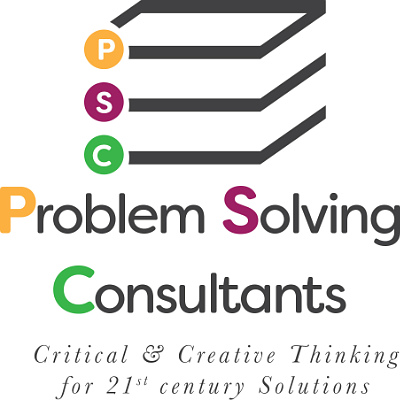Well, actually you can. Most of us who have been in leadership or management positions have failed at some point in our professional lives. Here’s the good news. If handled properly, failure isn’t all bad. None of us likes to fail but it happens despite our best efforts and intentions. We’re human and we make mistakes which lead to failure moments. What happens then? The real measure of success isn’t what you do when you’re on top. Patton once said that “success is how high you bounce when you hit bottom.” From our failures we can gain knowledge and experience. We can then use both to address the issue more appropriately, increasing the likelihood that we’ll succeed. Learning from failure is a good thing. Repeating the failure moments with the hope of a different outcome is, according to some, the definition of insanity.
Failure to resolve the personnel issues that continue to plague your organization is aggravating and frustrating. Recognizing the reasons for that failure and, more importantly, the limitations on your ability to resolve the issues is an important first step. Consulting with a professional problem solver may be the first step on the road to long lasting resolution and eventually success. As we’ve discussed before, the professional problem solver has no other agenda than helping you and your organization find the real causes for the problems and reaching a resolution that actually addresses the issues.
When failure looms its ugly head, and it will, accept the option and possible reality and call for reinforcements in the form of a professional problem solver. Then, when Aunt Nellie demands to know what you’re doing to resolve the problem ( and increase her monthly dividend payment) you’ll have a response which just might take the wind out of her sails. Even in the midst of failure, seeing Aunt Nellie speechless has to be a very satisfactory moment.
